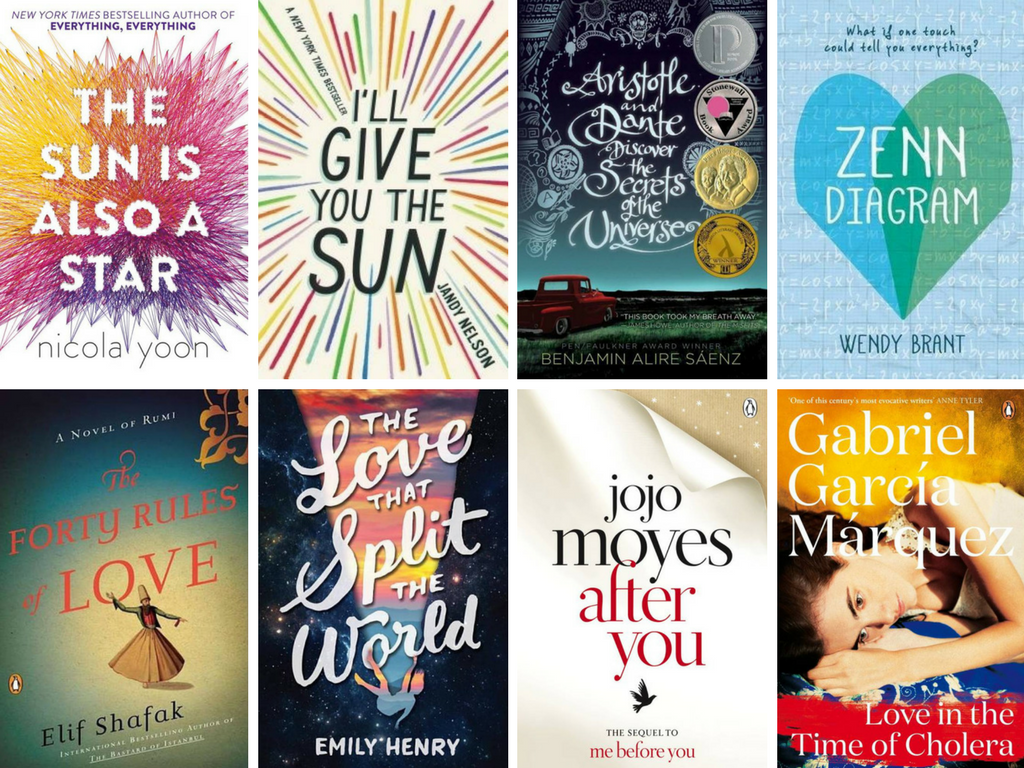- “Music unites us” a powerful opening to your book. What inspired you to begin your book with this thought?
I chose to begin my book with the phrase “Music unites us” because I genuinely believe that music has a special power to bring people together, no matter where they come from or who they are. Think about it, whether you’re on a picnic with friends or surrounded by strangers, the moment someone plays a familiar tune, the atmosphere changes. People start singing along, tapping their feet, exchanging smiles, and suddenly, you’re not strangers anymore. It’s one of the simplest yet most beautiful examples of unity I’ve witnessed, and that’s exactly the energy I wanted my book to begin with.
2. Your book gently nudges readers to chase their dreams despite fear. Was there a moment in your life where fear almost held you back?
Yes, definitely. I still remember the first time my first day in guitar class. The room was filled with 7-8 students, all confidently strumming and playing their instruments. I, on the other hand, was just starting out—I didn’t even know how my sound would come out. I was nervous, overwhelmed, and honestly a bit scared. It felt like I didn’t belong. But I kept showing up, practicing consistently, and slowly those fears started to fade.
Within just two months, I found myself standing on stage for my first performance. I was terrified, my hands were shaking, and my heart was racing. But I played. And that moment changed everything for me. I realized that fear is natural when you’re stepping into something new. What matters is showing up, again and again. Eventually, courage takes over. That experience became one of the first sparks behind my belief that dreams are worth chasing—even if they scare you at first.
3. How has music shaped your identity beyond just being a passion or career?
Honestly, I feel music has shaped my identity in both personal and professional ways. At first, it started purely as a passion. I was drawn to its rhythm and emotion it brought me. I didn’t begin with the idea of turning it into a career, but as I kept learning and immersing myself deeper, I realized music wasn’t just something I loved—it was something I could see myself doing every single day with a full heart. That’s when I started viewing it as a profession. And I strongly believe that when we turn our passion into our career, we not only enjoy what we do but also create something truly meaningful. Music, for me, is not just a path I chose—it’s the core of who I am. It gives me confidence, helps me express myself, and has become my way of connecting with the world.
4. What role did Sangeet Ashram in Jaipur play in your musical development?
Sangeet Ashram in Jaipur holds a very special role in my development . It was the first step in my musical journey, the place where I learned not just how to hold a guitar, but how to understand and feel music deeply. More than just lessons, it gave me values, discipline, and a strong foundation that continues to guide me today. I truly believe that where and how you begin your journey matters immensely, and for me, Sangeet Ashram was that beautiful beginning.
5. What common mistakes do beginners make in music, and how do you help your students overcome them?
One of the most common mistakes beginners make in music is rushing the process. They often want to play songs instantly or expect perfection too soon, which leads to frustration. Another frequent error is ignoring the basics, like posture, timing, or ear training, which are actually the backbone of any musician’s growth.

As a mentor, I always remind my students that music is a journey, not a race. I encourage them to enjoy small wins, like playing a clean chord or keeping rhythm steady. I share my own early struggles, like how long it took me to master the F major chord, just to show that progress takes time and patience
6. How do you balance formal learning (like your degrees) with self-expression in music?
Answer. Balancing formal education with self-expression in music has been a deeply personal and evolving journey for me. When you’re truly passionate about something, you naturally make room for it in your life. My academic background in Mass Communication and my love for music have complemented each other in many ways. While my studies have helped me develop discipline, critical thinking, and time management skills, music has given me a space to express myself creatively and emotionally.
In the beginning, managing both was a bit challenging, but over time it became a rhythm I truly enjoy. I don’t see either as a burden—both are integral parts of who I am. They’ve shaped not just my skills, but my identity, and I feel grateful to be able to pursue both with equal passion.
7 . Writing a book is a lot like composing music, it takes rhythm and soul. How did you approach the writing process?
Answer. To be honest, the idea of writing ‘Melody of Life: A Melophile’s Journey’ came from watching my students—and so many others, who deeply want to learn music but often hold back because of fear. Fear of making mistakes, fear of not being good enough, or simply overthinking whether they can even start. I’ve been there too. So, I decided to write this book not just as a guide, but as a companion for anyone standing at the edge of their musical journey.
I approached the writing just like I approach music, with honesty, emotion, and a desire to connect. I shared my own struggles, the mistakes I made, the small wins that kept me going, and the lessons that shaped me. Through this book, I wanted to say: it’s okay to not be perfect, it’s okay to stumble. What matters is that you don’t give up. Music, just like life, is meant to be felt, not forced
8 . Did any part of your music journey directly inspire a particular chapter or passage?
Answer. I believe every chapter of my book is directly inspired by a part of my musical journey. Each page carries a piece of my heart—from the excitement of holding the guitar for the first time at Sangeet Ashram to the struggles of learning tough chords, and stage performances . It’s not just a book, it’s a reflection of everything I’ve felt, learned, and lived through music. So, in a way, my entire journey is woven into every word of ‘Melody of Life: A Melophile’s Journey.’”
9 . What’s next for you as a musician, writer, or teacher?
Answer. As a musician, I aim to explore new sounds, experiment with different instruments, and collaborate with other artists. As a writer, I look forward to sharing more stories and reflections that inspire. And as a teacher, I want to nurture the next generation by not just teaching music, but helping them connect with its deeper emotions in a passionate and engaging space.
10 . How can your readers and followers stay connected and continue learning from you?
Answer. My readers and followers can stay connected through my social media platforms, where I regularly share insights, updates, and moments from my musical journey. It’s a space for interaction, learning, and mutual growth. I welcome questions, discussions, and shared experiences, together, we can continue to inspire and learn from one another.
























